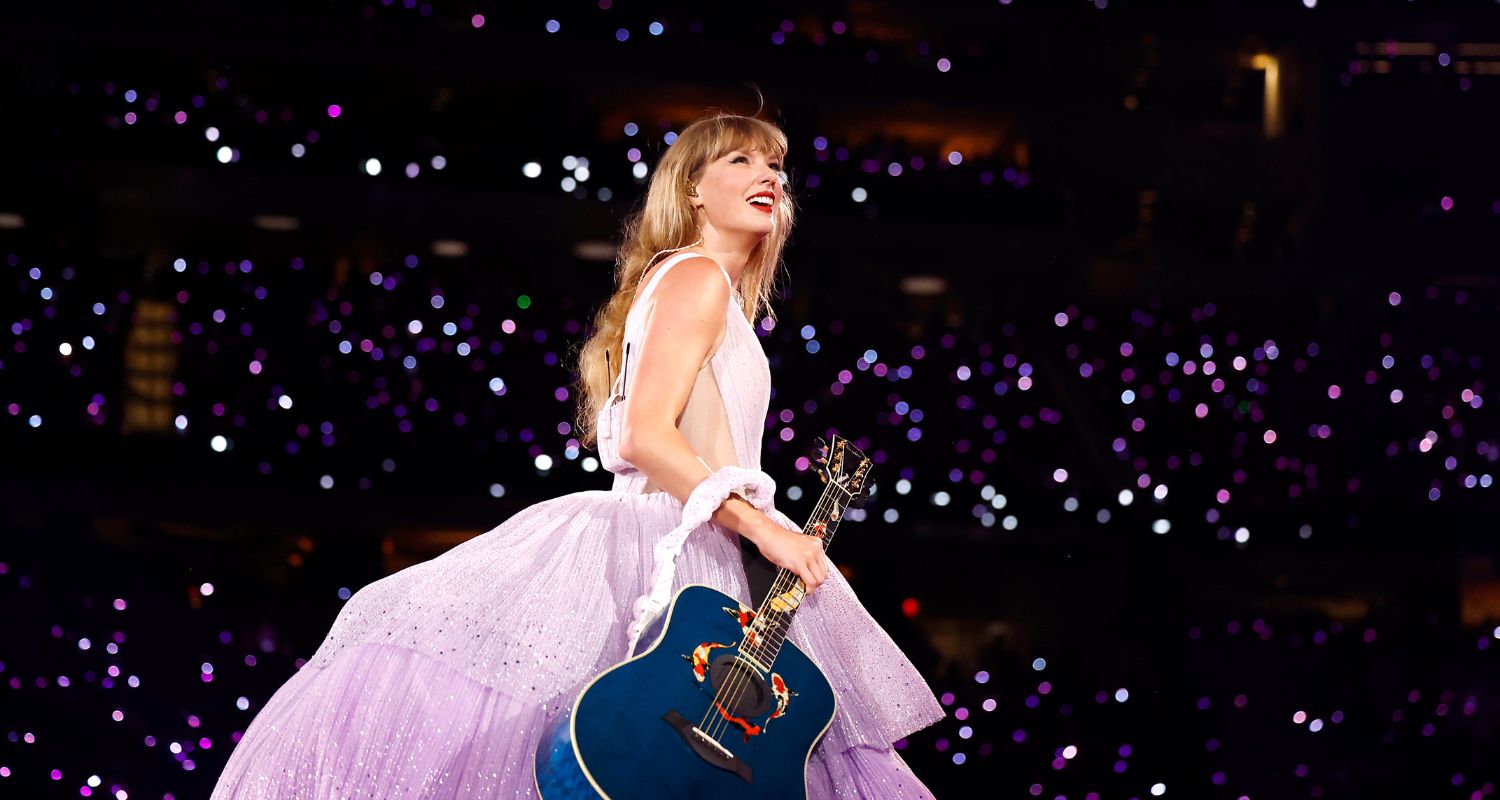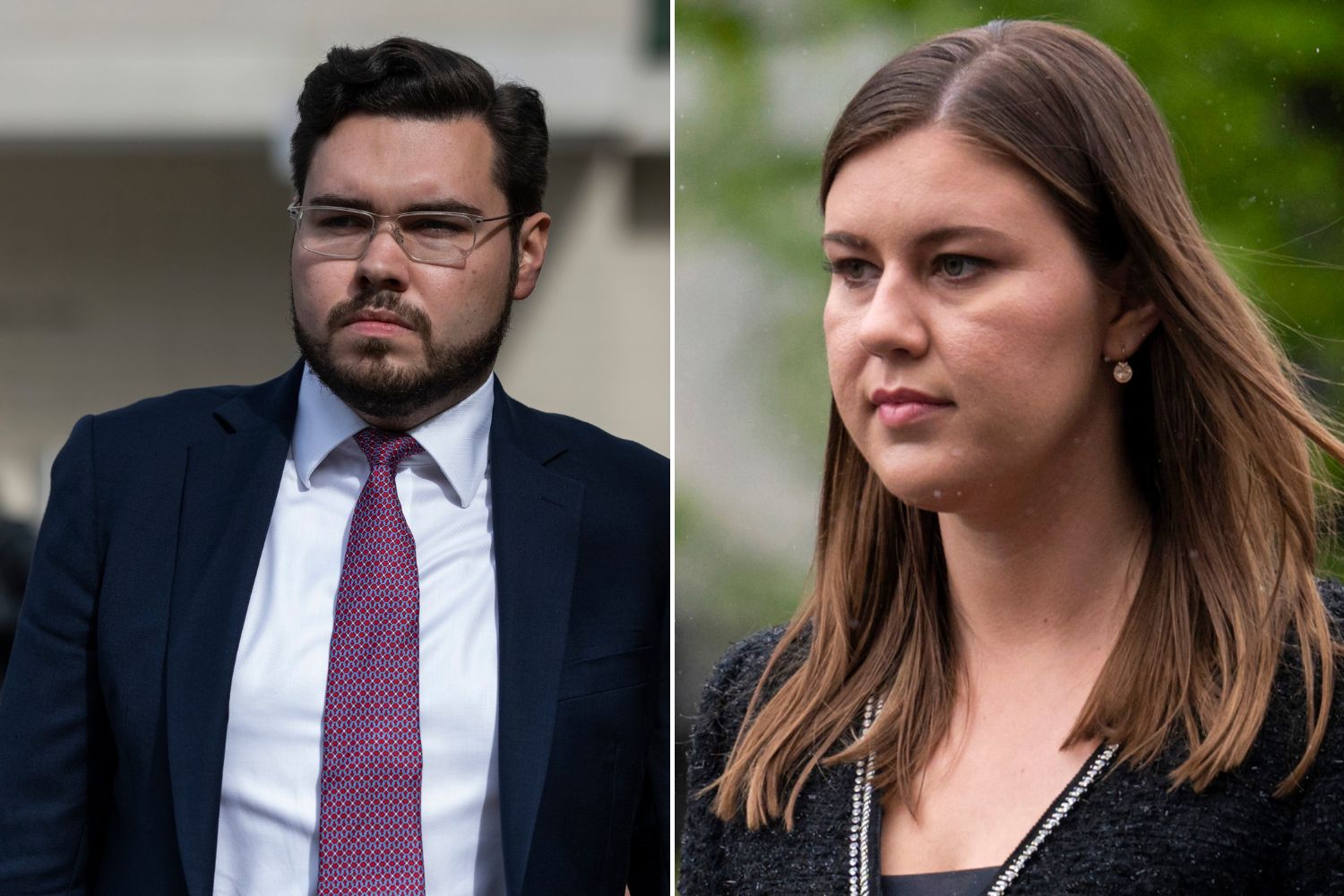“Offshore detention is very troubling”
Dr Susan Carland, lecturer at the National Centre for Australian Studies at Monash University
“One of the issues that’s closest to my heart is refugees. It’s certainly debated a lot, but not in the way I would like and the policies of the two main parties are not those I want to see.
“Offshore detention is very troubling – now that the refugee situation is being managed by the navy, everything can be called an “operational maritime matter” and they can say they’re not going to talk about it. [But]
“When we have politicians like Peter Dutton saying [refugees] are illiterate in their mother tongue and in English, and they’ll be on the dole and they’ll steal our jobs, that’s just scaremongering. We might not be able to know all the information about what’s happening in detention centres, but I do think it’s reasonable to expect our leaders to show some logic and leadership in the way they deal with issues like refugees.
“Studies have shown that if you continue to cast a group of people as enemies in the public imagination for long enough, that is how they will be perceived.
“Also, I’d like to see the main parties tackle corporate tax avoidance head on. There were some measures towards the end of last year, but I don’t think they were frank and fearless enough.
It’s entirely reasonable for the average Australian to feel annoyed that they pay tax, while big multinationals can still get away with paying a pittance.”
“We need an overhaul of Family Law system”
Rosie Batty, domestic violence campaigner and 2015 Australian of the Year. In 2014, her 11-year-old son was murdered by his father

“Since Luke’s death I’ve been completely swamped by huge numbers of women reaching out to me in desperation regarding Family Court decisions. Overwhelmingly, [their concerns are over] a decision to allow a parent continued access to a child even though there is a history of violence – in many cases, extreme violence.
“But there are other problems too. The thing that appals everyone is that the victim can be cross-examined by the very person who has committed violence against them.
“Navigating the Family Law system can take two or three years, and tens of thousands of dollars. It needs a complete overhaul.
“On June 20 – Luke’s birthday – I plan to present a petition to politicians asking them to enact a five-step plan to keep women and children safe, by fixing Family Law. I know [politicians] would be horrified if they understood the depth of the problem. We need to demand that fixing it becomes a priority.”
*You can sign Rosie’s petition at neveralone.com.au/justiceforkids
“I don’t want to hear 20-year plans. I want to know about changes that can be made now”
Emma Welsh, co-founder, Emma & Tom’s fruit juice

“As a business owner, I want to be in an environment that allows business to flourish – whichever party is going to be the best economic manager is the one I want to see elected.
“If we don’t have a strong economy, everyone’s in trouble; there will be less money to share around. History is a good indicator of who to trust, and policies [that are costed].
“Are renewables going to be much more expensive for the economy, increase business costs and make us less competitive overseas?
“Also, I don’t necessarily want to hear about plans for 20 years’ time – I want politicians to be able to say what they’re going to do for the next three or four years.”
“We should not be aspiring to an unaffordable American health model”
Tara Moss, author and activist

“I would like to see more recognition of the fact that we live in a society, not just an economy, and some strong campaigning against what appears to be an ongoing move towards an American-style healthcare syste“As we know, medical bills are greater in America than in any other first world or ‘Western’ country, and so is the inequality, in terms of those who can afford it. This is not a system to aspire to.
“I’d like to see a real commitment to addressing the epidemic of family violence in this country. Real commitment means more than words, it means policy and funding. That two out of three women who are fleeing violence are turned away from refuges is not good enough.
I believe there should be specific, clear, federal laws against what is known as ‘revenge porn’ – the dissemination, without consent, of personal, intimate or sexual images and video of a person. This is a form of sexual assault and is acknowledged as such in some countries, like Israel, where they treat revenge porn perpetrators as sex offenders, but in Australia the laws are not as clear, and need updating.
On another note, the arts are being absolutely gutted, and unless we want to see Australian stories and Australian culture lost, and replaced by American and British imports, we need to make it clear to both political parties that the recent cuts to the arts have gone too far. Likewise, the CSIRO and climate scientists are losing their jobs left, right and centre. This seems like a bad time in human history to ignore climate science.”
“We need tighter laws on junk-food advertising”
Monica Meldrum, founder, Whole Kids

“I’d like to see real leadership – politicians listening more to the community and taking much more decisive action on issues like climate change. We need to transition faster to renewable energy and put strategies in place to protect areas like the Great Barrier Reef.
I think government needs to facilitate more of an exchange of ideas between big business and small business: there’s a lot of talk about the start-up space, but a lack of support for established businesses that are ready to scale up, while bigger business has a lot to learn from entrepreneurship in terms of innovation. We’re finding a lot of highly skilled women and men are just checking out of big corporate, wanting more flexibility around family and lifestyle.
Also, Australia has one of the highest rates of childhood obesity in the world – one in four kids are overweight or obese. There is evidence to show that one of the most cost-effective measures to prevent childhood obesity is to restrict unhealthy food advertising to children.
The government needs to introduce tighter regulation on junk-food advertising and ban junk-food ads on TV before 9pm.”
“I’ve just come back from the Great Barrier Reef where most of the coral was dying”
Amanda McKenzie, CEO, Climate Council
“I’ve been disappointed that climate change and the environment haven’t featured particularly heavily in the campaign so far.
“I have just come back from the Great Barrier Reef as I wanted to see for myself what the damage was, and I was blown away – it was far worse than I thought. Yesterday, at a dive site that two months ago was 100 per cent alive, most of the coral was dead or dying – huge swathes covered in in dark brown algae, or [bleached] white. There have been very high ocean temperatures and reefs worldwide have been experiencing this bleaching event.
“We have left action very late. We need to reduce emissions and move to more renewable energy: the Labour Party does have a policy for 50 per cent renewable energy by 2030, which is really the minimum requirement, but we haven’t yet seen the same commitments by the Coalition.”
 Getty
Getty









